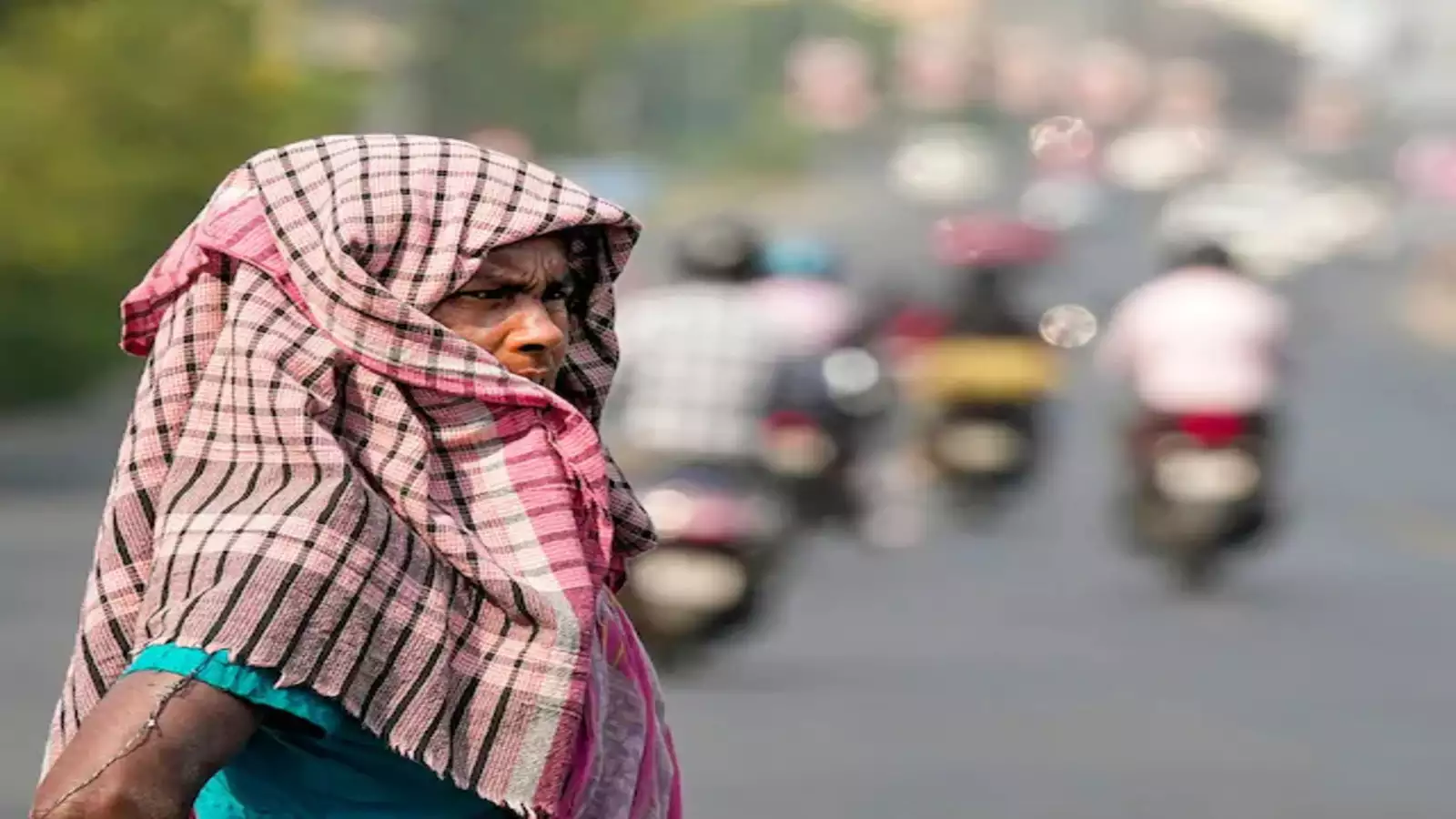Northwest India is bracing for an intense surge in temperatures, with the mercury expected to climb by 3-5°C over the coming days, pushing Delhi closer to the 40°C mark. The India Meteorological Department (IMD) has sounded an alert as several states, including Rajasthan and Gujarat, prepare for unrelenting heat wave conditions that could stretch into the next week.
The rise in temperatures comes as a result of prevailing dry westerly winds and high solar insolation, compounding concerns over public health risks and urban heat stress. In Delhi, where maximum temperatures have hovered between 34-36°C, meteorologists predict an upward trend, with both day and night-time temperatures witnessing a noticeable spike. The capital has already recorded unseasonably warm weather, with private forecasters indicating that limited wind movement will exacerbate the heat accumulation. The impact of this weather pattern is expected to extend across northwest and central India, with heat wave conditions persisting in regions such as Saurashtra, Kutch, and west Rajasthan over the next several days.
Authorities have issued an orange alert for parts of Gujarat, urging preparedness for extreme heat, particularly in Saurashtra and Kutch, where daytime temperatures have already breached the 40°C threshold. The IMD has warned that prolonged exposure to high temperatures could result in heat-related illnesses, especially for vulnerable populations, including infants, the elderly, and individuals with chronic medical conditions. Public health advisories emphasise the need for staying hydrated, avoiding outdoor activities during peak heat hours, and taking preventive measures against heatstroke.
Beyond northwest India, significant temperature spikes have been observed in other states, with regions such as Madhya Pradesh, Telangana, Odisha, and Maharashtra also reporting readings in the upper 30s. The soaring temperatures coincide with a spell of severe weather activity in peninsular India, where thunderstorms, lightning, and hailstorms are anticipated to persist over the next few days. Meteorologists note that while such extreme weather fluctuations are not unusual for this season, the increasing intensity of heat waves underscores broader climate trends, demanding a shift in urban planning strategies to mitigate rising heat stress in Indian cities.


